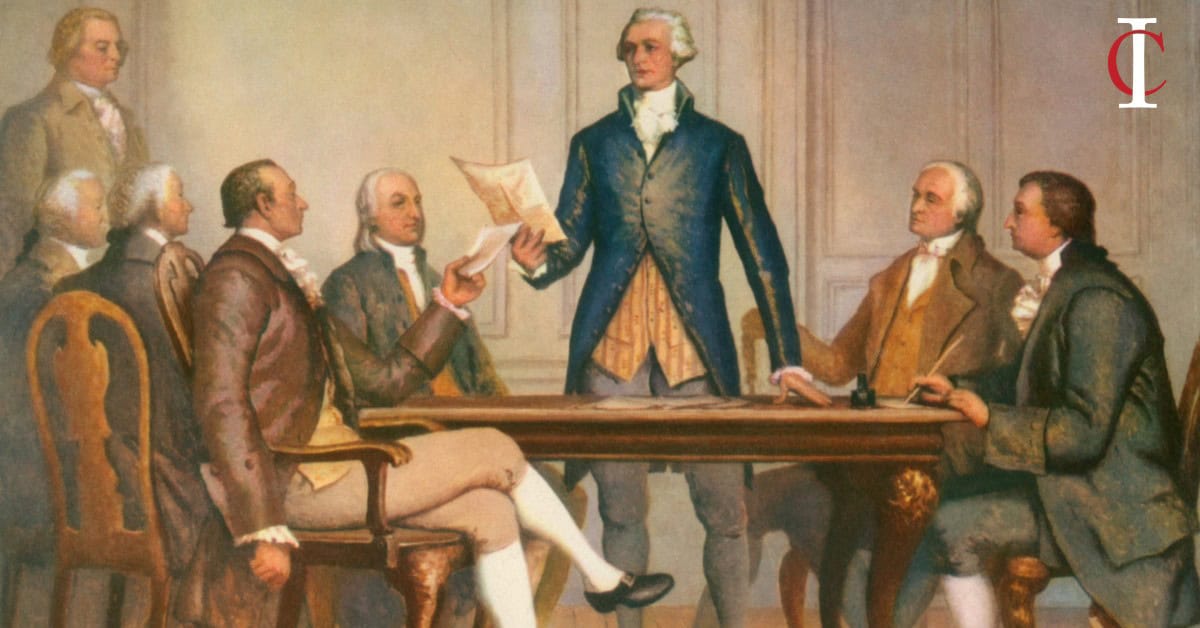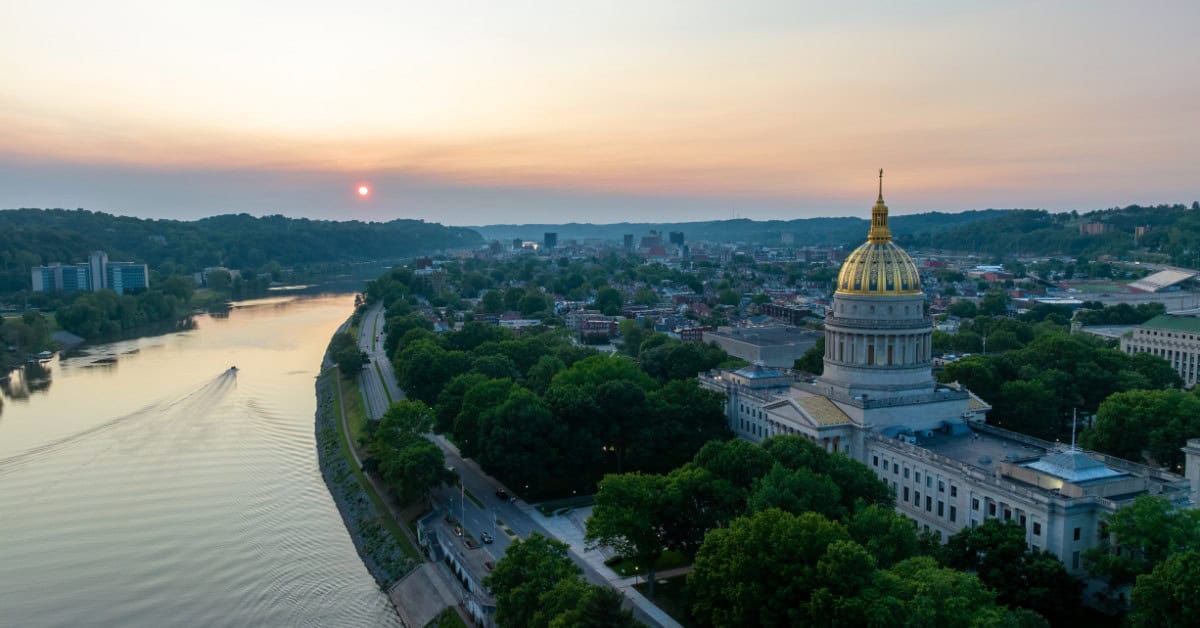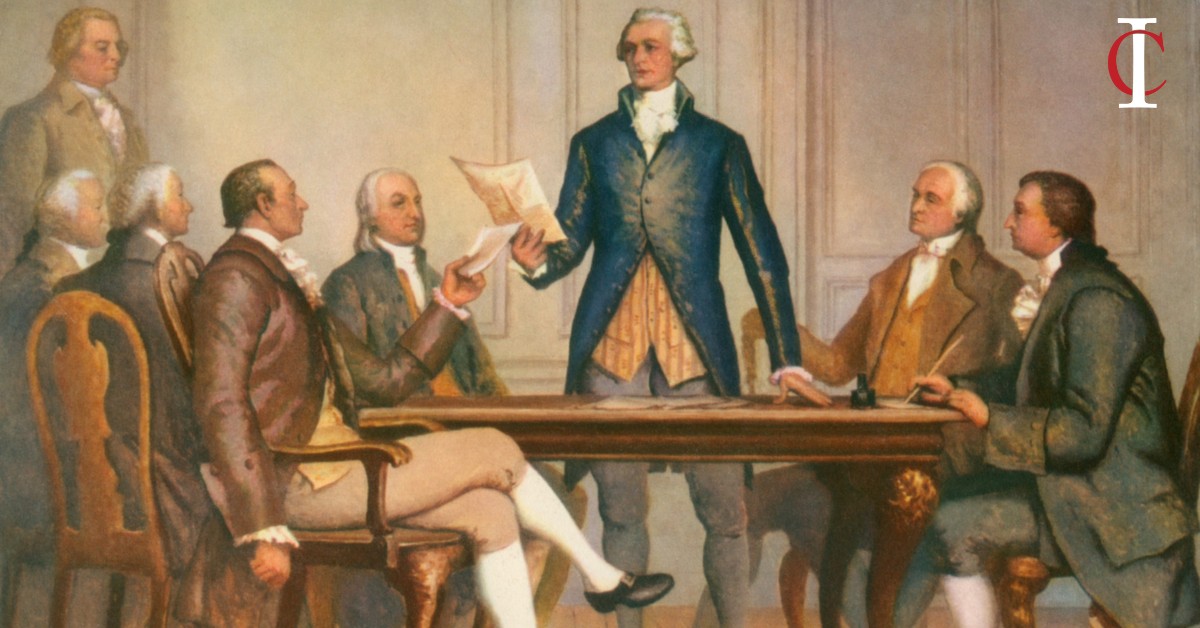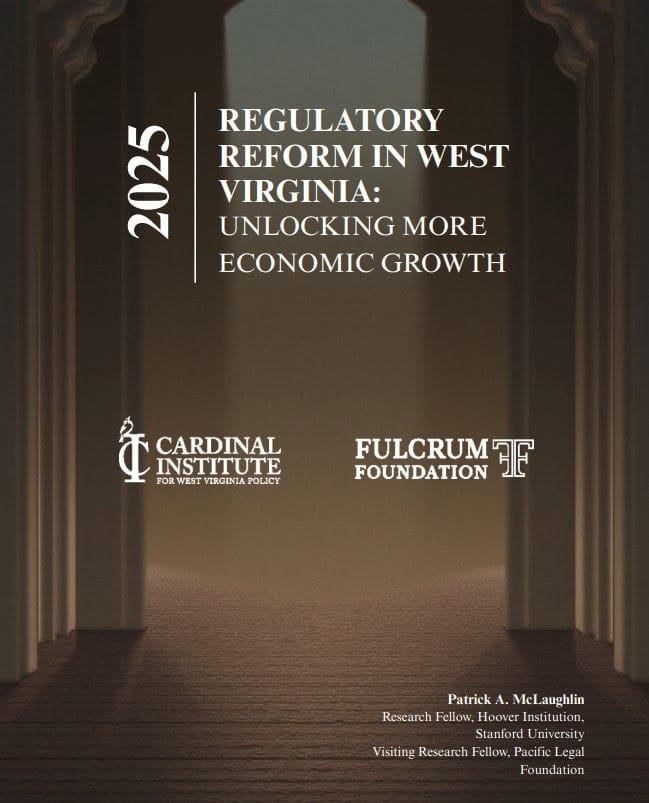
Presidential Debates, Civility, & the American System of Government
Presidential Debates & Civility
As I wait with bated breath to see how this evening’s presidential debate goes down, I can’t help but think about what the presidency is, what it stands for, and how far afield we seem to have gone.
Growing up, my household had a firm rule — no bad-mouthing presidential candidates. My father, a Navy man who served on a nuclear aircraft carrier, believed the president, regardless of politics, deserved respect as Commander in Chief. He didn’t always agree with the choices, but he always respected the office.
The way he saw it, no matter who won, that person was now the leader of the free world. So, you just got behind them and hoped for the best and maybe expressed a little gratitude that it would only last four years. Of course, his options were almost always a Clinton or a Bush, but I digress.
During a time when it seemed like Americans generally wanted the same thing, the election of the president didn’t feel like an existential threat. Perhaps I’m blinded by my upbringing, but this feels different.
And I am conflicted, I still have this vague sense that I would like to see whoever the winner is succeed. I still believe that if the president succeeds, we succeed — but that ideal feels increasingly out of reach. The venom and vitriol I see on social media about every candidate makes my skin crawl. This country has been successful when it has joined together in a cause and when it has had a strong leader to stand behind. Right now, we can’t even agree on what success looks like and our leaders are busy trashing one another.
The Founder’s Vision of Presidential Influence
I taught Civics and Government to middle schoolers for a decade and a half. That’s four presidential election cycles. 2016 was a doozie, but I still can’t imagine doing it now.
What I wanted my students to know more than anything was that the president wasn’t even supposed to matter that much. At least not according to the Founders. And it certainly wasn’t a popularity contest.
The Founders envisioned a restrained presidency, one of quiet governance focused on administering laws and leading through steady hands. They feared concentrated power, and they designed the office to be checked by Congress, the true representative of the people. They didn’t mean for the president to be a public figurehead, but a cautious administrator, working behind the scenes. Washington set the tone for a modest presidency. Despite no formal term limits, he simply decided that two terms were enough and passed the torch to the next administrator.
Given current incentives, it is doubtful that a Washington could rise to the top of a ticket. It pains me to think about how someone like him would fare. I want to believe that our society could see past the drama and the fanfare and choose the best person for the job. I want to believe that once selected we could all get behind that person and have faith that they had our best interests in mind.
While I fear we may have drifted too far from the Founders’ vision, I still hold onto a flicker of hope — that maybe, just maybe, we can return to a time when the president was a leader, not a celebrity, and we could stand behind them with unity and trust. I hope that time is soon, but I sense that it won’t be tonight.
Don’t Lose Hope in the American System
But here’s the thing — my father didn’t believe in giving up on the system, no matter how bleak it seemed. He taught me that democracy isn’t perfect, and it can be frustrating and messy, but it’s the process that keeps us free. And maybe that’s where my flicker of hope comes from. It’s not just about the candidates or the current climate, it’s about the process, the system the Founders put in place, and the belief that we, as citizens, still have the power to shape it.
At the end of the day, democracy is about trust — not in any one person, but in ourselves as a people. And while tonight might not restore that trust, I believe our republic can. So, for now, I’ll watch, and I’ll hope — because, even if it feels out of reach at the moment that vision of a more united, steady-handed leadership is worth holding onto.








